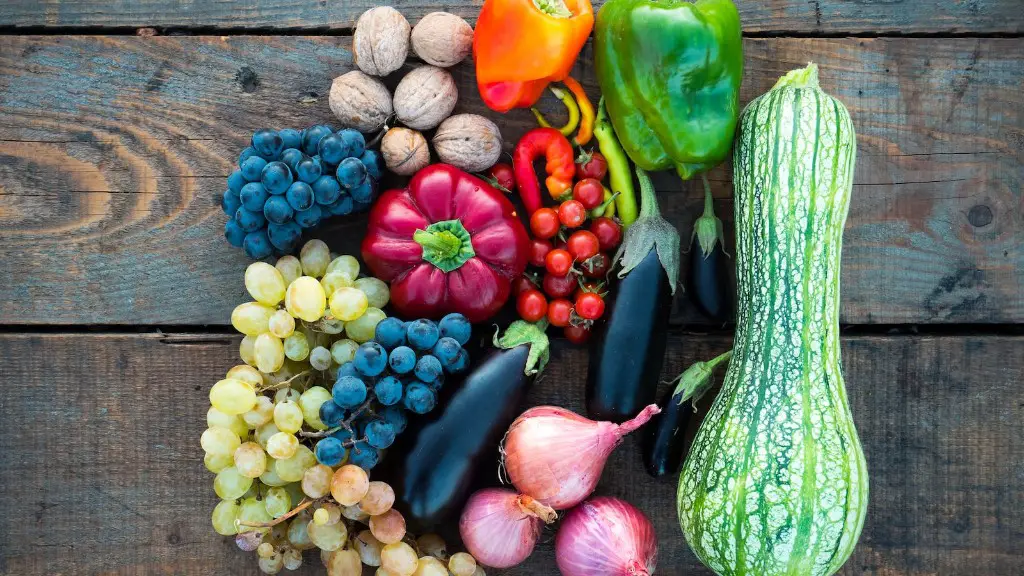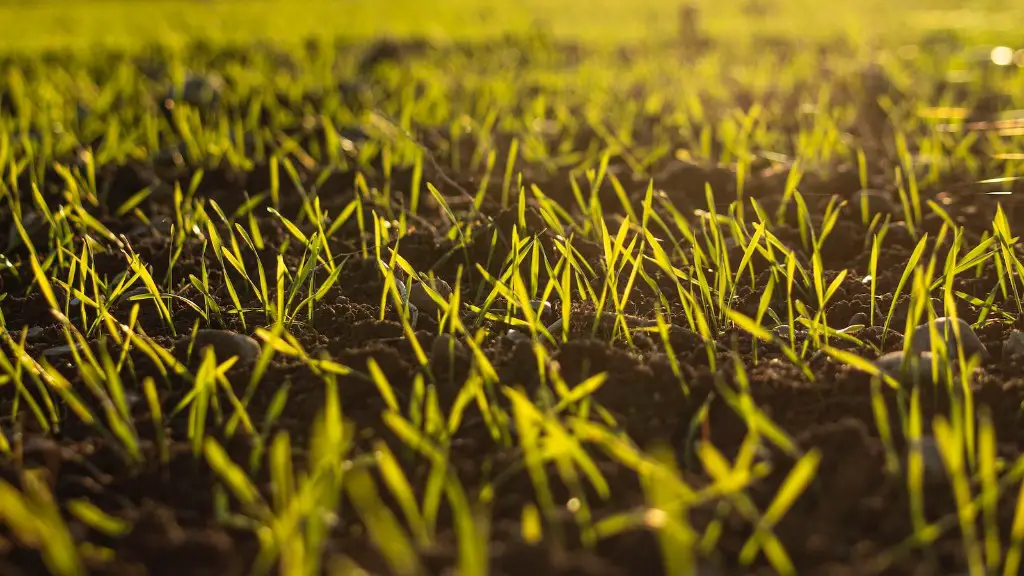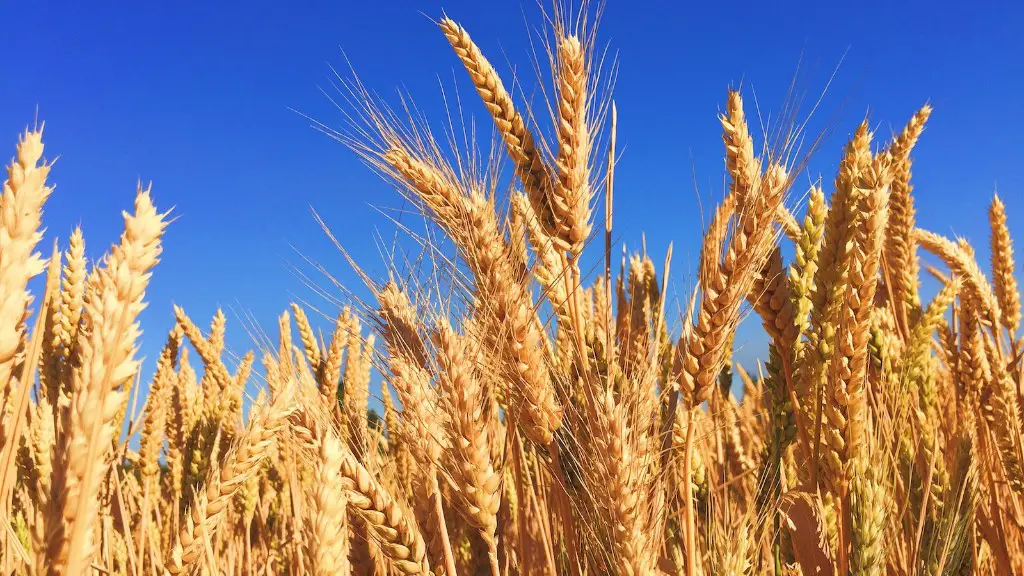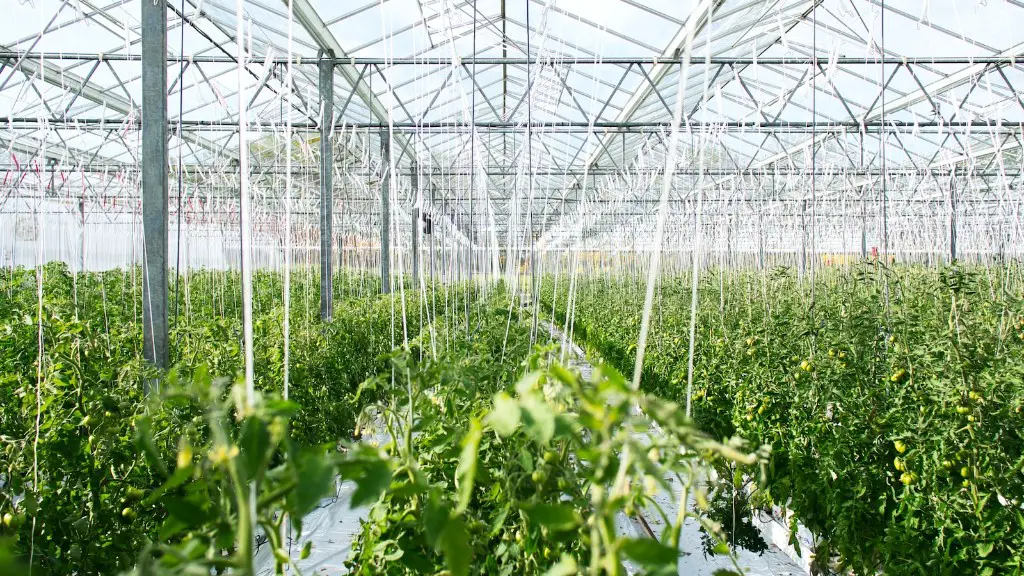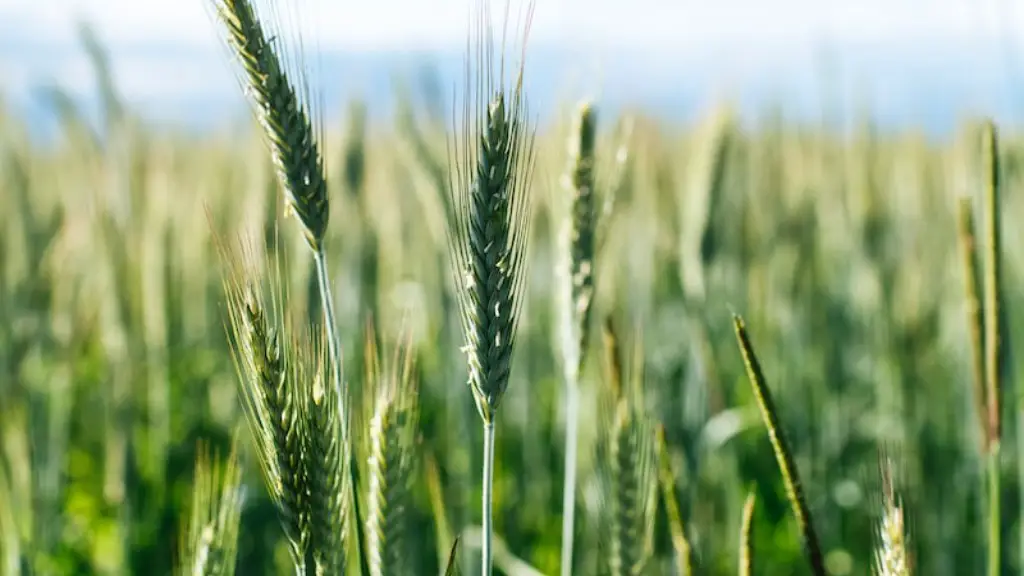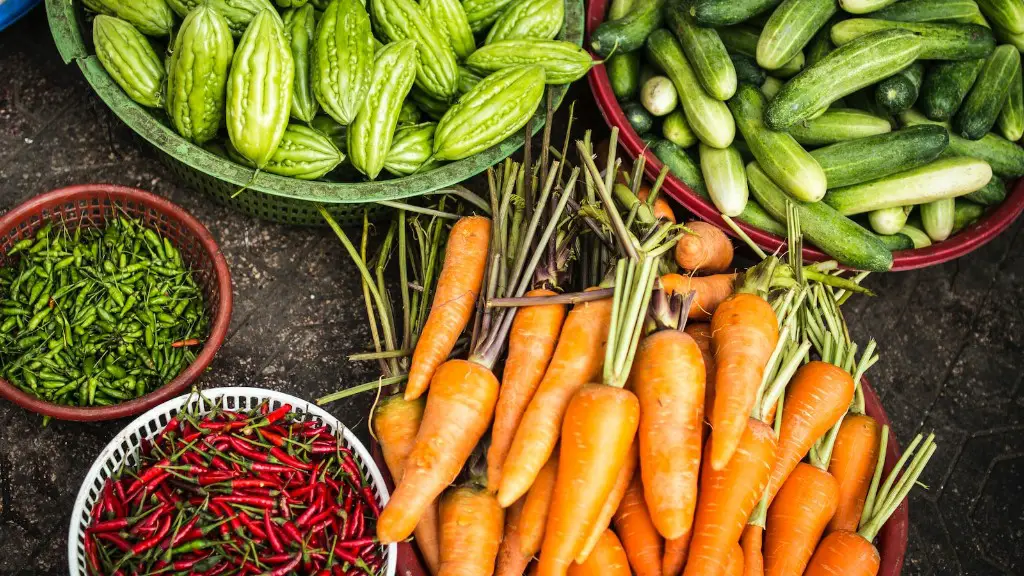Manure is any organic matter that is used as organic fertilizer. Compost manure is manure that has been composted, or allowed to decompose, before being used as fertilizer.
Compost is an organic matter that is used as a natural fertilizer for plants. It is made up of decomposed leaves, grass, and other organic materials. Compost manure is a type of compost that is made specifically for agricultural use. It is richer in nutrients than regular compost, making it ideal for use on farms and gardens.
What is an example of compost manure?
Examples of biomass include garden trimmings, food waste, grass clippings, butcher residue, animal carcasses, among others. Biomass can be used to generate electricity, produce biofuels, or create other useful products.
Composting is an excellent way to improve the quality of your soil. It helps to aerate the soil and to improve its drainage. Additionally, composting provides a slow release of nutrients into the soil, which helps to promote plant growth. There are four primary compost types: compost, farmyard manure, green manure, and vermicompost. Each type has its own benefit alongside mutual benefits. For example, compost contains a variety of organic matter that can improve the quality of your soil. Farmyard manure is an excellent source of nitrogen, which is essential for plant growth. Green manure is a type of compost that is made from green plants. It is high in nitrogen and other nutrients, which can help to improve the quality of your soil. Vermicompost is made from worms and other decomposers. It is an excellent source of nutrients and can help to improve the quality of your soil.
What is the difference between compost manure and fertilizer
The main difference between compost and fertilizer is their purpose. Compost nourishes the soil, while fertilizers provide nutrients for the plants. Consequently, composter utilization is flexible and general, while fertilizer quantities and composition are more rigid to match the exact needs of the plants.
Composting is an excellent way to improve the quality of your soil. The benefits of compost include providing nutrients to crops as fertilizer, acting as a soil conditioner, increasing the humus or humic acid contents of the soil, and introducing beneficial microbes that help to suppress pathogens in the soil and reduce soil-borne diseases. Composting is a simple and effective way to reduce your environmental impact, and it can be done right in your own backyard!
What are the 3 main compost ingredients?
Composting is a way of breaking down organic matter, such as leaves and food scraps, into a rich soil amendment known as compost. Composting requires a proper balance of carbon-rich and nitrogen-rich materials, as well as moisture and air.
Compost is an excellent way to increase the fertility of your soil. It is rich in nutrients and helps to improve the structure of the soil, which in turn increases crop yields and disease resistance in plants. Fertilizers can also help to increase fertility, but they are artificial chemicals that can pass through the soil to the water, and these chemicals can be fatal for aquatic life. Therefore, compost is a much safer and more effective way to improve the fertility of your soil.
What is the difference between compost manure and farm yard manure?
Farmyard manure is a great way to fertilize your garden. It is loaded with nutrients that plants need to grow healthy and strong. Compost manure is another excellent way to fertilize your garden. It is made from decomposed organic matter, such as livestock excreta, vegetable waste, and domestic waste. Compost manure is also rich in nutrients and will help your plants grow vigorously.
Chop the materials into small pieces and put the first layer Pile up to 45cm then sprinkle 10 litres of water Add a second layer of cuttings to about 20cm and sprinkle water Place a third layer of animal, poultry waste or slurry, this provides micro-organisms that are essential for decomposition.
What type of fertilizer is compost manure
Organic matter is matter that has been decomposed by bacteria, fungi, and other organisms. It is a key component of healthy soils, and it helps support plant growth by providing essential nutrients and increasing water retention. Compost is an excellent organic fertilizer because it contains high levels of nitrogen, phosphorus, and potassium, as well as other nutrients that plants need to thrive. Chemical fertilizers can also provide these nutrients, but they are generally less effective than compost because they do not improve soil health in the long run.
Adding a layer of composted manure to your soil in the fall or early spring is a great way to add nutrients for the worms, good bacteria and new spring plants. Keep it a good three to four inches away from shrubs or tree trunks and the rain and snow will leach nutrients into the soil.
Which crops do not like manure?
It’s a common misconception that all flowers, vegetables and garden plants LOVE manure, but that simply isn’t the case. Surface-level vegetables that do not like manure include leafy greens (lettuce), marrowes (cucumber), herbs, and fruits (tomatoes and peppers).
If you are growing plants in pure compost, it is important to be aware of the potential problems with water retention and stability. When mixed with topsoil, compost can help to improve drainage in heavy soil while also retaining water in sandy soil. Used on its own, however, compost drains quickly and dries out quickly. This can be a problem for plants that need a lot of water, so it is important to be aware of this when using compost on its own.
What are the disadvantages of compost manure
There are several potential drawbacks to composting by-products that should be considered before deciding whether or not to compost. These drawbacks include the cost for site preparation and equipment, the lengthy treatment period, targeting final use of compost product, and environmental issues such as odors and dust.
Some investment in equipment and site preparation is required or recommended in order to compost by-products effectively. The length of the treatment period can also be significant, and the final use of the compost product may need to be considered carefully to avoid potential problems. Additionally, environmental issues such as odors and dust can be a concern, and should be evaluated before undertaking composting by-products.
Composting is the process of breaking down organic material. There are three main types of composting: aerobic, anaerobic, and vermicomposting.
Aerobic composting is the most common type of composting. It involves the use of oxygen to break down the organic material. This process usually takes place in a enclosed container, such as a bin or a pile.
Anaerobic composting is a type of composting that does not use oxygen. Instead, it relies on bacteria to break down the organic material. This process can take place in an enclosed container, such as a bin or a pile, or in the ground.
Vermicomposting is a type of composting that uses worms to break down the organic material. This process usually takes place in a enclosed container, such as a bin or a pile.
Composting is a great way to reduce the amount of waste that goes to landfill. It also helps to improve the quality of the soil.
What is the difference between compost manure and green manure?
Manure is a type of organic matter that is used to fertilize and condition soil. The most commonly known manure comes from animal waste products like cow dung. When this manure is mixed with kitchen and garden waste, it is called compost manure. Manure helps improve water infiltration into the soil as well as its water holding capacity. Green manure is made entirely from plant waste.
It is important to only add certain items to your compost pile in order to avoid odors, attracting rodents, and promoting disease. Avoid adding meat scraps, bones, grease, whole eggs, or dairy products as they decompose slowly and can cause problems. Also, do not add pet feces or spent cat liter to the pile as this can also attract rodents and cause disease. Lastly, only add healthy plant material and weeds that have not gone to seed to the compost pile.
Final Words
Compost manure is a type of fertilizer that is made by composting various organic materials. These materials can include things like dead leaves, grass clippings, and fruit and vegetable scraps. The composting process breaks down these materials into a nutrient-rich soil amendment that can be used to improve the quality of your garden soil.
Compost manure is a type of manure that is made up of decomposed organic matter, such as leaves, grass, and other plant matter. It is often used as a fertilizer for crops and gardens.
